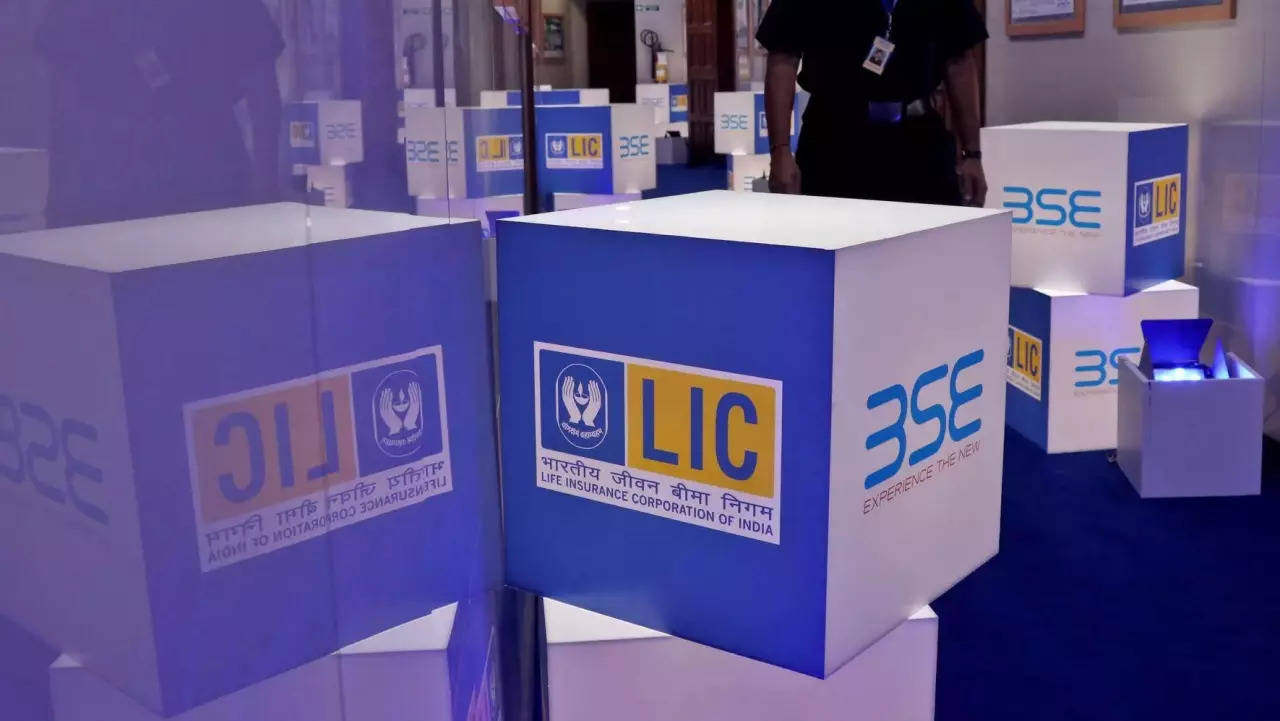In a regulatory filing, LIC stated, “Pursuant to Regulation 30 of Listing Regulations, this is to inform that Securities and Exchange Board of India (“SEBI”) vide its letter dated May 14, 2024 has conveyed its decision, to grant additional time of 3 years to Life Insurance Corporation of India (“the Corporation”) to achieve 10% public shareholding under Rule 19(2)(b)(iv) of the Securities Contracts (Regulation) Rules, 1957, i.e., within a period of 5 years from the date of listing.”
According to an ET report, the new deadline for LIC to achieve 10% public shareholding is May 16, 2027.This news brings relief to investors as it postpones the possibility of a supply overhang resulting from a potential offer for sale (OFS) by the government to meet minimum public shareholding (MPS) norms. Consequently, LIC’s stock price rose 3% to the day’s high of Rs 962.
Also Read | India closes gap with China as weight in MSCI equity index hits record high; $2 billion inflows expected
According to Sebi regulations, all listed companies must maintain a 25% public float. However, newly-listed companies are given a three-year window to meet this requirement. For companies with a post-issue market capitalisation exceeding Rs 1 lakh crore, the timeline to comply with the 25% MPS rule is five years.
In December, the Finance Ministry had granted LIC an exemption from complying with the 25% MPS norms until 2032. Since then, the stock has been on an upward trajectory. The Indian government, through the President of India, holds a 96.5% stake in LIC.
In May 2022, the government sold a 3.5% stake in LIC through an IPO, which was entirely an offer for sale (OFS) worth approximately Rs 21,000 crore. It remains the largest IPO in India to date, but the initial investors have barely made any profits as the stock is trading only slightly higher than its issue price of Rs 949.
Over the past year, LIC shares have surged 69% due to various factors, including expectations of growth revival in FY25 and the possibility of a significant increase in dividends, which are expected to continue supporting its share price performance.
LIC is also the largest domestic institutional investor on Dalal Street, with its equity investments valued at over Rs 14 lakh crore at the end of the March quarter.
function loadGtagEvents(isGoogleCampaignActive) { if (!isGoogleCampaignActive) { return; } var id = document.getElementById('toi-plus-google-campaign'); if (id) { return; } (function(f, b, e, v, n, t, s) { t = b.createElement(e); t.async = !0; t.defer = !0; t.src = v; t.id = 'toi-plus-google-campaign'; s = b.getElementsByTagName(e)[0]; s.parentNode.insertBefore(t, s); })(f, b, e, 'https://www.googletagmanager.com/gtag/js?id=AW-877820074', n, t, s); };
function loadSurvicateJs(allowedSurvicateSections = []){ const section = window.location.pathname.split('/')[1] const isHomePageAllowed = window.location.pathname === '/' && allowedSurvicateSections.includes('homepage')
if(allowedSurvicateSections.includes(section) || isHomePageAllowed){ (function(w) { var s = document.createElement('script'); s.src="https://survey.survicate.com/workspaces/0be6ae9845d14a7c8ff08a7a00bd9b21/web_surveys.js"; s.async = true; var e = document.getElementsByTagName('script')[0]; e.parentNode.insertBefore(s, e); })(window); }
}
window.TimesApps = window.TimesApps || {};
var TimesApps = window.TimesApps;
TimesApps.toiPlusEvents = function(config) {
var isConfigAvailable = "toiplus_site_settings" in f && "isFBCampaignActive" in f.toiplus_site_settings && "isGoogleCampaignActive" in f.toiplus_site_settings;
var isPrimeUser = window.isPrime;
if (isConfigAvailable && !isPrimeUser) {
loadGtagEvents(f.toiplus_site_settings.isGoogleCampaignActive);
loadFBEvents(f.toiplus_site_settings.isFBCampaignActive);
loadSurvicateJs(f.toiplus_site_settings.allowedSurvicateSections);
} else {
var JarvisUrl="https://vsp1jarvispvt.indiatimes.com/v1/feeds/toi_plus/site_settings/643526e21443833f0c454615?db_env=published";
window.getFromClient(JarvisUrl, function(config){
if (config) {
loadGtagEvents(config?.isGoogleCampaignActive);
loadFBEvents(config?.isFBCampaignActive);
loadSurvicateJs(config?.allowedSurvicateSections);
}
})
}
};
})(
window,
document,
'script',
);
Source link
For more information call us at 9891563359.
We are a group of best insurance advisors in Delhi. We are experts in LIC and have received number of awards.
If you are near Delhi or Rohini or Pitampura Contact Us Here


